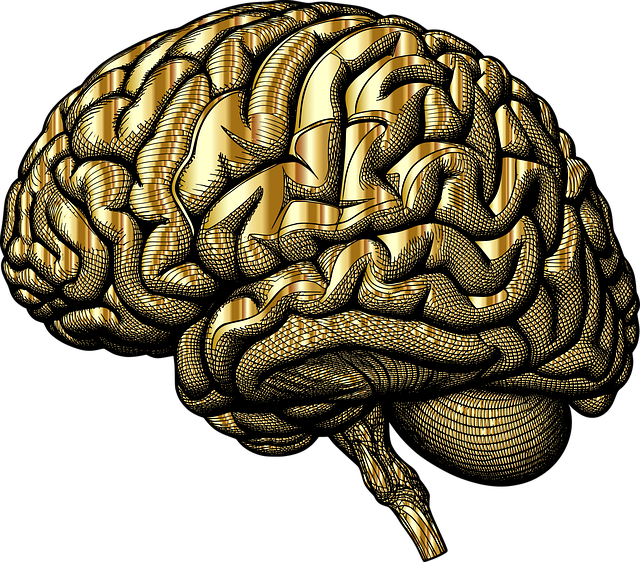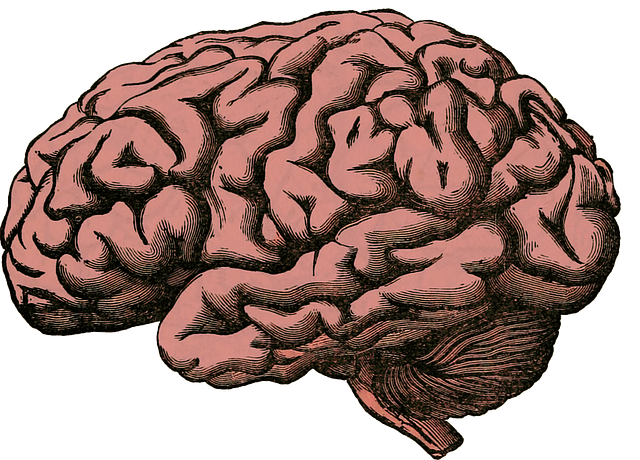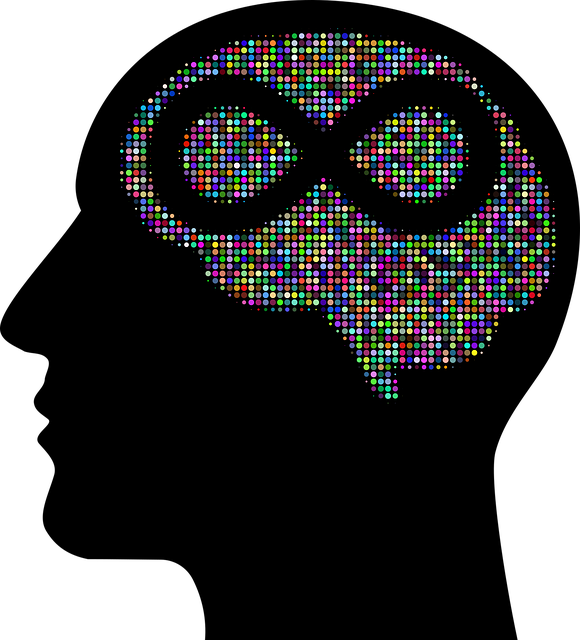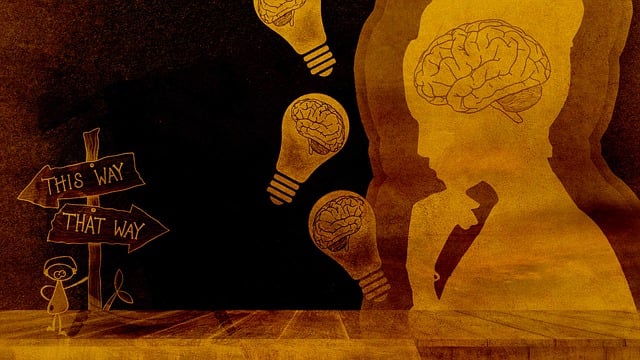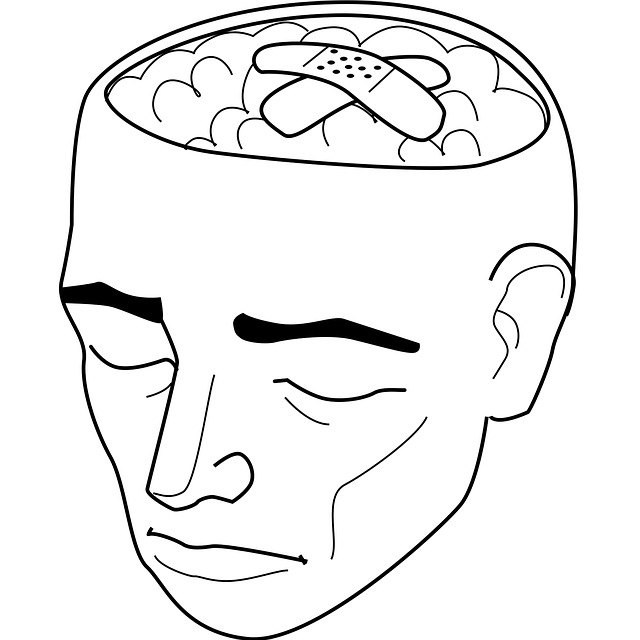Diagnosing mental illness accurately within Christian counseling is complex due to subjective symptoms, cultural influences, and comorbidity. However, innovative strategies like mindfulness meditation, emotional intelligence training, and exploring spiritual beliefs enhance diagnostic accuracy. These approaches, integrated into therapy sessions, foster inner strength and holistic well-being. By combining these techniques with continuous learning and crisis intervention guidance, Christian counseling evolves to offer more effective diagnoses and care, benefiting both clients and counselors. Therapy for Christian Counseling leverages these multifaceted strategies to improve mental health outcomes.
Mental illness diagnosis accuracy is a critical aspect of patient care, yet challenges remain. This article delves into the complexities of identifying mental health conditions, exploring strategies to enhance diagnostic precision. We examine the unique role of Christian counseling in this process, highlighting its potential to offer specialized therapy. Additionally, we discuss innovative therapeutic approaches and their impact on diagnosis accuracy. By focusing on continuous improvement, healthcare professionals can ensure better patient outcomes.
- Understanding the Challenges of Mental Illness Diagnosis
- The Role of Christian Counseling in Enhancing Accurate Diagnoses
- Innovative Therapies and Their Impact on Diagnostic Accuracy
- Promoting Continuous Improvement for Better Patient Care
Understanding the Challenges of Mental Illness Diagnosis

Diagnosing mental illness accurately can be a complex task due to the intricate nature and vast spectrum of psychological conditions. Many factors contribute to this challenge, such as the subjective experience of symptoms, cultural influences on expression of distress, and the comorbidity often present among various mental health disorders. For instance, depression frequently co-occurs with anxiety, making differential diagnosis a delicate process. The dynamic interaction between biological, psychological, and social aspects further complicates matters.
In addressing these challenges, therapeutic approaches like Christian counseling offer unique advantages. Incorporating techniques such as mindfulness meditation and conflict resolution skills can enhance diagnostic accuracy by promoting self-awareness and improving communication with clients. Additionally, understanding the role of spiritual beliefs in mental health experiences can facilitate more nuanced assessments. By integrating these strategies into therapy, practitioners can better navigate the complexities of mental illness diagnosis, ultimately contributing to more effective treatment planning for individuals seeking help.
The Role of Christian Counseling in Enhancing Accurate Diagnoses

Christian Counseling plays a significant role in enhancing mental illness diagnosis accuracy by providing a unique therapeutic approach that integrates spiritual beliefs with evidence-based practices. This form of therapy offers individuals a safe and supportive environment to explore their faith, emotions, and experiences. By combining traditional therapy techniques with mindfulness meditation and emotional intelligence training, Christian counselors help clients develop inner strength, fostering a holistic understanding of mental well-being.
The focus on Emotional Intelligence allows for a deeper exploration of the mind-body-spirit connection, often overlooked in conventional settings. This approach ensures that diagnoses are not only based on symptoms but also consider the individual’s spiritual and emotional landscape, leading to more accurate and personalized treatment plans.
Innovative Therapies and Their Impact on Diagnostic Accuracy

Innovative therapies are transforming mental illness diagnosis accuracy within Christian counseling settings. Therapies that incorporate positive thinking and mindfulness techniques have shown significant promise in enhancing assessment capabilities, allowing counselors to detect subtler symptoms and nuances in client presentations. By fostering a safe and supportive environment, these therapeutic approaches encourage open communication and promote deeper self-reflection among individuals seeking help.
In addition to individual therapy, Community Outreach Program Implementation plays a crucial role in improving diagnostic accuracy by connecting clients with diverse support networks. The integration of technology through Mental Wellness Podcast Series Production also contributes to this effort. Podcasts offer accessible platforms for sharing information about various mental health conditions and evidence-based practices, thereby empowering individuals to take a more proactive role in their well-being. This multi-faceted approach ensures a holistic improvement in diagnostic accuracy, benefiting both clients and counselors alike.
Promoting Continuous Improvement for Better Patient Care

In the pursuit of enhancing mental illness diagnosis accuracy, a continuous improvement approach is pivotal. This involves fostering a culture of learning within healthcare settings, where professionals actively seek feedback and incorporate new research findings into their practices. By promoting regular training sessions, workshops, and peer-to-peer support, clinicians can stay updated on the latest diagnostic tools and techniques. For instance, organizations like the Stress Management Workshops can play a significant role in equipping counselors with effective crisis intervention guidance, ensuring they are prepared to handle diverse patient needs.
Integrating Mind Over Matter principles into therapy sessions has proven beneficial. This approach encourages individuals to manage their mental health proactively by focusing on positive thinking and resilience-building strategies. As Christian Counseling continues to evolve, adopting such innovative methods can significantly improve patient outcomes and care quality, ultimately fostering a more holistic healing environment.
Mental illness diagnosis accuracy is a multifaceted challenge that requires a holistic approach. By understanding the complexities of mental health, leveraging innovative therapies like those offered in Christian counseling, and fostering continuous improvement in diagnostic methods, we can enhance patient care significantly. These efforts not only improve individual outcomes but also contribute to a more compassionate and effective mental healthcare system for all.
